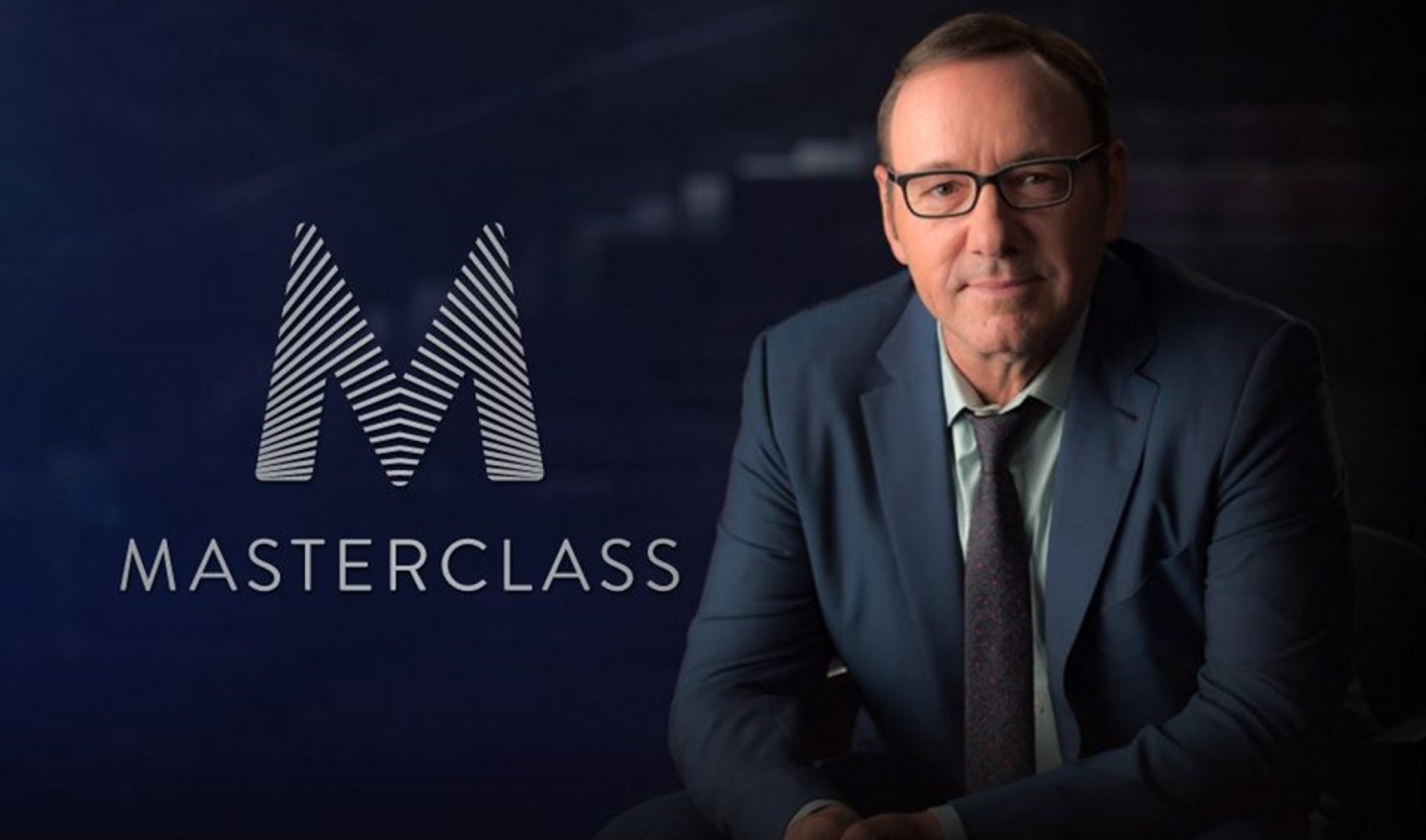About
A master class is an educational session or course that is taught by an expert or master in a specific field. The course is designed to provide in-depth learning and guidance to participants, and typically focuses on a particular subject or topic. Master classes can cover a wide range of topics, from music and art to business and technology. The length of a master class can vary depending on the topic and the instructor, ranging from a few hours to several days or weeks. Master classes can be offered online or in-person, and can be a valuable learning experience for those looking to gain expertise in a specific field. They offer the opportunity to learn from experts in the field, access valuable resources, and network with others who share similar interests

Pros & Cons
Sure! Here are some pros and cons of attending a master class:
Pros:
- In-depth learning: Master classes offer a focused and structured learning experience that can help learners gain an in-depth understanding of a specific topic.
- Expert guidance: Master classes are often taught by experts in the field who can offer valuable insights, advice, and guidance to learners.
- Networking opportunities: Master classes provide an opportunity to connect with other learners who share similar interests and passions, providing a valuable networking opportunity.
- Access to resources: Master classes often provide access to a range of resources, including textbooks, articles, research papers, and other materials that can help learners deepen their understanding of the subject.
Career advancement: Master classes can help learners develop the skills and knowledge needed to advance their careers, providing a competitive edge in the job market.
Cons:
- Cost: Master classes can be expensive, and not everyone may be able to afford the tuition or fees associated with attending.
- Time commitment: Master classes can require a significant time commitment, which may not be feasible for everyone.
- Limited availability: Master classes may not be offered in all locations or on all topics, which can limit accessibility for some learners.
- No guarantee of success: Attending a master class does not guarantee success, and learners may still need to work hard and apply what they have learned to achieve their goals.
- Quality of instruction: The quality of instruction in a master class can vary, and learners may not always receive the level of guidance or support they expect.
It’s important to consider these factors when deciding whether to attend a master class. Ultimately, the decision to attend a master class will depend on your individual goals, interests, and circumstances.
Sevices
As an AI language model, I do not offer services in the traditional sense. However, I can help you by providing information and answering questions on a wide range of topics, including those related to masterclasses. Some of the services that may be available to you related to masterclasses include:
- Finding and researching masterclasses: I can help you find information about masterclasses that may be of interest to you, including information on topics, instructors, and costs.
- Choosing a masterclass: I can help you weigh the pros and cons of different masterclasses and make an informed decision about which one is best for you.
- Developing a masterclass: If you are an instructor or expert in a particular field, I can provide guidance on how to develop an effective masterclass outline and design engaging and informative lessons.
- Evaluating the effectiveness of a masterclass: If you have recently attended a masterclass and want to evaluate its effectiveness, I can help you by providing guidance on how to assess the knowledge and skills you have gained.
- Providing general information on masterclasses: I can answer your questions and provide general information on masterclasses, including what they are, how they work, and what benefits they offer.
Please note that as an AI language model, I cannot provide professional advice or services that require specific training, licensing, or certification.
Legits
Masterclasses can be legitimate learning opportunities when offered by reputable organizations or instructors. However, it’s important to do your research before signing up for a masterclass to ensure that it is a legitimate and worthwhile investment.
Here are some tips to help you determine whether a masterclass is legitimate:
- Check the credentials of the instructor: Look for an instructor who is an expert in the field and has the necessary credentials, such as a degree or certification.
- Read reviews and testimonials: Look for reviews and testimonials from previous students to get an idea of the quality of instruction and whether the course is worth the investment.
- Look for accreditation: Check if the masterclass or the organization offering it is accredited by a recognized educational body.
- Research the organization: Check the website of the organization offering the masterclass to learn more about their reputation and history.
- Consider the cost: Compare the cost of the masterclass with similar courses and ensure that the fees charged are reasonable.
By doing your due diligence and researching the masterclass and the organization offering it, you can ensure that you are investing in a legitimate and worthwhile learning opportunity.
Customer review

As an AI language model, I do not have access to specific customer reviews of masterclasses. However, reviews and testimonials from previous students can provide valuable insights into the quality and effectiveness of a masterclass.
When looking for customer reviews of masterclasses, here are some tips to keep in mind:
Check the website of the organization offering the masterclass: Many organizations will feature customer reviews or testimonials on their website.
Look for reviews on third-party websites: There are many third-party websites, such as Yelp or Trustpilot, that allow customers to leave reviews of businesses and services.
Search for reviews on social media: Many people will share their experiences and opinions about masterclasses on social media platforms such as Twitter, Facebook, or Instagram.
Reach out to friends and colleagues: If you know someone who has taken a masterclass, reach out to them and ask about their experience.
When reading reviews, look for patterns and consistent themes in the feedback. Pay attention to comments about the quality of instruction, the course material, the level of engagement, and whether the masterclass helped students achieve their goals.
Ultimately, reviews and testimonials can be a helpful tool in deciding whether a masterclass is right for you. However, it’s important to consider multiple sources of information and make an informed decision based on your individual needs and goals.
FAQ

Q: What is a masterclass?
A: A masterclass is a class or workshop taught by a skilled expert in a particular field, such as cooking, music, writing, or acting. The purpose of a masterclass is to provide in-depth education and training to individuals who want to improve their skills or knowledge in a specific area.
Q: How long is a typical masterclass?
A: The length of a masterclass varies depending on the topic and the instructor. Some masterclasses can be completed in a few hours, while others may take several days or weeks to complete.
Q: Can anyone take a masterclass?
A: Yes, most masterclasses are designed for anyone who is interested in learning a new skill or improving their existing skills. Some masterclasses may have prerequisites or require prior experience, but this will be clearly stated in the course description.
Q: Are masterclasses expensive?
A: Masterclasses can range in price from free to several thousand dollars, depending on the instructor, the length of the course, and the level of instruction. Some masterclasses also offer scholarships or financial assistance to students who cannot afford the full cost of the course.
Q: What types of subjects are taught in masterclasses?
A: Masterclasses can cover a wide range of subjects, including cooking, music, writing, acting, photography, art, design, business, and more. There are masterclasses available for almost any topic you can think of.
Q: Can I get a certificate or accreditation for completing a masterclass?
A: Some masterclasses offer certificates or accreditation for completing the course, while others do not. If this is important to you, be sure to check the course description before signing up.
Q: How do I find and sign up for a masterclass?
A: There are many online platforms that offer masterclasses, such as MasterClass, Skillshare, Udemy, and Coursera. You can also check with local community colleges or universities to see if they offer masterclasses in your area. Once you find a course you are interested in, simply follow the registration instructions provided by the course provider.
Conclusion
In conclusion, a masterclass is a class or workshop taught by an expert in a particular field, designed to provide in-depth education and training to individuals who want to improve their skills or knowledge in a specific area. They can range in length, cost, and subject matter, and are available both online and in-person. Whether you’re interested in cooking, music, writing, acting, or any other topic, there is likely a masterclass available to help you develop your skills and reach your goals.





0 Comments